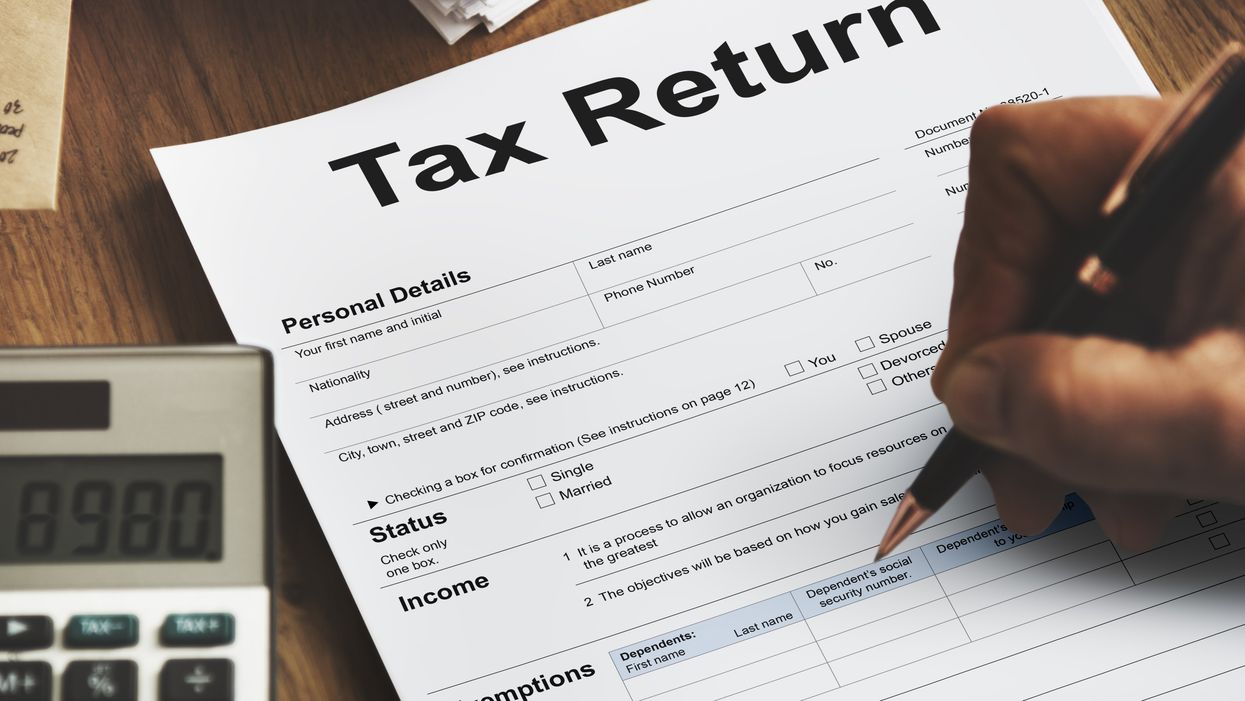News
Breanna Robinson
Dec 28, 2021
The Internal Revenue Service (IRS) wants people to report their “illegal activities” and “stolen property” on their tax returns - and people have many questions.
On Monday, a screenshot circulated on Twitter that seemed to show an IRS guideline that urged that people report the value of any and all property they have stolen or other illegal activities each year as income, so they can pay tax on it.
And guess what - the guideline happens to be real.
The IRS Publication 17, which is available on its website, has a section that addresses it.
Here is what the section has to say about it, in part:
“If you steal property, you must report its fair market value in your income in the year you steal it unless you return it to its rightful owner in the same year.”
Many people in the comments of the Twitter post had a lot to say.
“I guess this is the ‘memo’ from Uncle Sam. You can commit financial crimes as long as the government gets its cut,” someone joking wrote.
“This is real. The US government does not play about collecting taxes,” another added.
A third wrote: “Your friendly neighborhood accountant reminding everyone tax szn is coming up and tax evasion is bad.”
Check out other reactions below.
Sign up to our new free Indy100 weekly newsletter
This isn’t the first time the issue of reporting illegal activities to the government has raised some eyebrows.
In the 1927 case United States v. Sullivan, the US Supreme Court made considerations to whether or not prosecuting criminals for evading taxes for their illegal income violated the Fifth Amendment. It’s a condition of the Constitution that protects people against self-incrimination.
But Justice Oliver Wendell Holmes Jr ended up rejecting the consideration.
Almost 100 years later the court opinion remains intact.
Several criminals have succumbed to convictions for tax evasion in a similar way, including Chicago gangster Al Capone in 1931.
He dodged paying taxes from 1924-1929.
Top 100
The Conversation (0)














